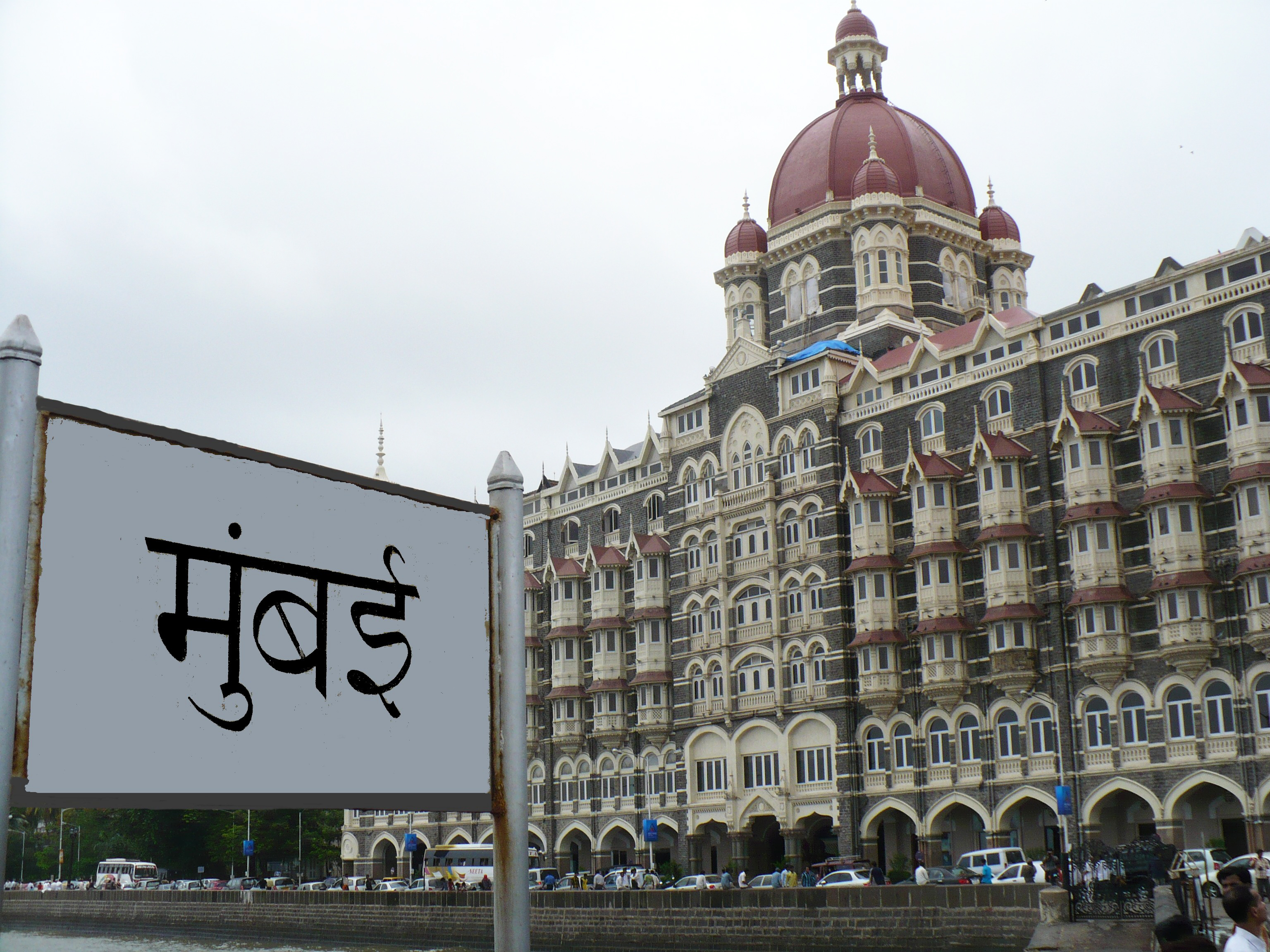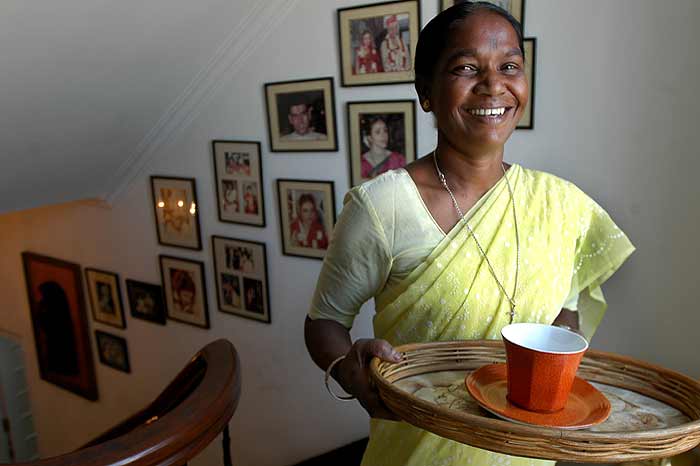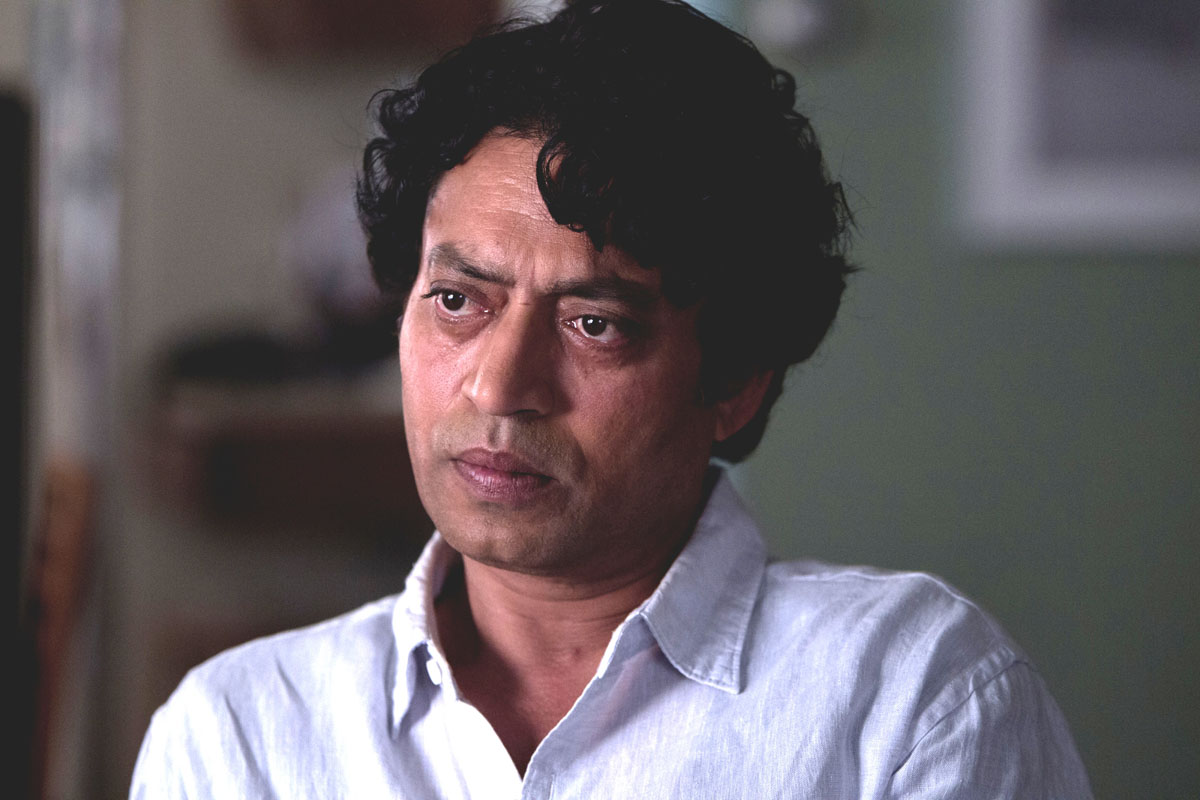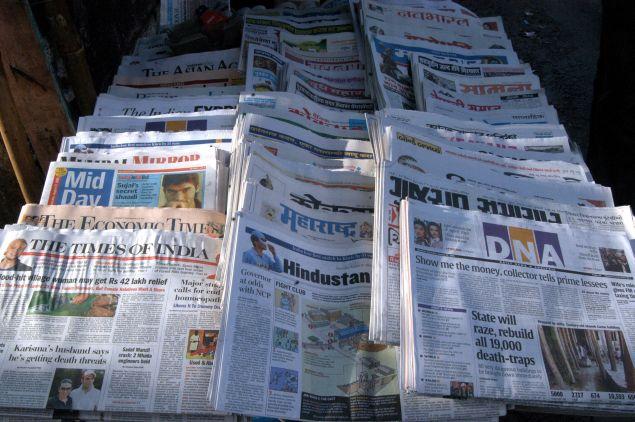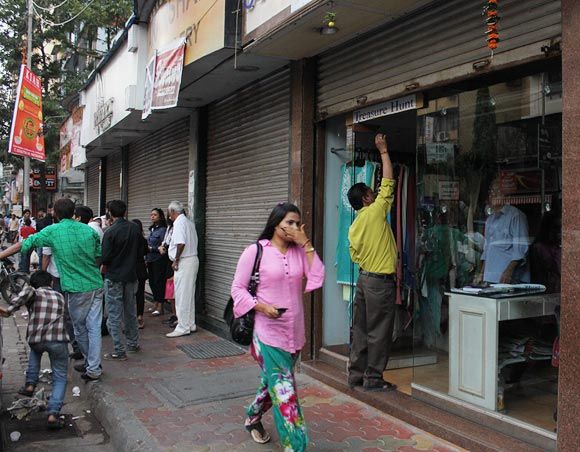Prashant Shankarnarayan wonders whom to call a son of Mumbai city’s soil, and who can be termed as an outsider. Or are these words just words?
 The situation – A colleague casually retorting to the sons of the soil theory by stating that “Mumbai’s original inhabitants were kolis and East Indians”
The situation – A colleague casually retorting to the sons of the soil theory by stating that “Mumbai’s original inhabitants were kolis and East Indians”
The observation:
Last week in office, we were discussing the funeral of ‘those we don’t speak of on the Internet’, when the conversation predictably veered towards “Mumbai konachi?” (Whom does Mumbai belong to?) That is when a colleague wryly mentioned that Mumbai’s original inhabitants were the kolis (fisherfolk) and East Indians. Obviously the sons of the soil would have retorted by landing a punch on his face for not mentioning Marathis. The ones who won’t punch but support the theory would upload on Facebook that the kolis and the East Indians both spoke Marathi, and that Mumbai is the capital of Maharashtra. But what many of us conveniently sweep under the carpet is the vast difference in the Mumbai ruled by indigenous rulers, and the Mumbai that stands today.
Everyone and his uncle stakes claim on Mumbai without admitting that the city as we know today was ‘created’ by the British. In 1784, the Governor of Bombay, William Hornby, officially completed the Hornby Vellard project which united all the seven distinct islands into one landmass. Future reclamations and road and railway projects shaped the Mumbai as we know it today. There were many communities and nationalities that preceded the English but the conjoined map of Mumbai was not created by the ones who claim to be sons of the soil.
Hence to put an end to this question, it is imperative to honestly and neutrally consider:
In terms of race
Kolis, who are of Dravidian origin, are the earliest settlers of the erstwhile seven islands that form present-day Mumbai. Kolis have lived here for thousands of years but as per the Hindu caste system, they are a different community compared to the Marathas, and even though their mother tongue is Marathi, quite a few of them converse in Konkani and English. Yes, Marathi precedes English, but if we were to apply the same logic then the kolis have been eking out an existence even before the reign of the Mauryan emperor Ashoka (around 3rd Century BC), which means that they probably communicated in Prakrit or one of its dialects. The Mauryans were followed by the Satavahanas, who were of Telugu origin and so on. In a nutshell, the kolis existed in Mumbai even before the colloquial Marathi was used as a spoken language.
In terms of religion
My friend was right about the Kolis, but wrong about the ‘East Indian’ bit, because for the Europeans, every Indian was an East Indian. But for us, an East Indian is someone who is a convert to Christianity, incidentally from the western coastal belt. At one point, Mumbai was also ruled by the Gujarat Sultanate, which led to the spread of Islam. However, it is a documented fact that the oldest form of organised religion prevalent in these islands was Buddhism, preceded by Hinduism which again must have been preceded by animism. This means that the original residents of Mumbai were indigenous people who believed in an indigenous religion.
In terms of language
Since ancient times, the seven islands have been ruled by the Mauryans, who communicated in Prakrit, Shatavahanas who communicated in Prakrit or possibly Telugu, Vikatakas who spoke in Maharashtri Prakrit, Kalachauris who were Kannada kings and many other kingdoms including the Marathas (briefly) at a much later stage. Marathi is derived from Maharashtri Prakrit, but so are Konkani and few other dialects. This clearly shows that Mumbai was not necessarily ruled only by Marathi speaking rulers in the past. In fact, Mumbai was already a multi-lingual city even before the Marathas captured parts of Salsette in 1737.
The Mumbai story
So whom does this city belong to? If it belongs to the kolis, then we are only mentioning the ancient seven fishing hamlets and not the present land mass as it exists. And while Mumbai was originally ruled by Hindu and Buddhist rulers, we can’t ignore the contribution of the Muslim royals from Gujarat and European Christians at different junctures.
In a way, Mumbai’s reputation as a land of opportunities enhanced when Parsis, Gujratis, Dawoodi Bohras, Jews, Goans, etc landed here after the British established the first mint in 1670 – four years before Chhatrapati Shivaji’s coronation as the first Maratha emperor. It clearly indicates that Mumbai was a melting pot of communities even before the Maratha Empire came into existence. It’s because the only distinct identity that Mumbai possesses in context to other Indian cities is its fabulous work culture and cosmopolitanism.
Mumbai belongs to the one who works hard and the only indigenous culture is the thriving work culture. It belongs to the Parsee philanthropists who built the city and its great institutions, to the Gujarati and Marwari businessmen who transform first class compartments into a mini share bazaar, to the Marathi housewife who juggles her job and family even as her husband works hard to make ends meet, to the Sindhi and Punjabi refugees who lost their motherland to another country, yet carved out a successful life, to the South Indian educated class who brought in their professionalism and sincerity that defines Mumbai’s rise, to the Shetty hotel owners who have been feeding Mumbai since pre-independence days, and to millions of migrants from every community, and different nationalities who have equally contributed to Mumbai’s success story in their own way.
Hence, watching an autorickshaw driver from another state refusing to ferry Mumbaikars is as painful as watching a few locals trying to hold a Talibanesque control over the city. We owe a better Mumbai to the martyrs of the Samyukta Maharashtra Movement and to the many unsung heroes of the past. Over hundreds of years, many outsiders worked hard to convert few islands into one of the world’s leading cities and hence, in my humble opinion, the only insider in Mumbai is the outsider.
Prashant Shankarnarayan is a mediaperson who is constantly on the lookout for content and auto rickshaws in Mumbai. ‘Soft Coroner’ tries to dissect situations that look innocuous at the surface but reveal uncomfortable complexities after a thorough post mortem.
(Picture courtesy wikimedia.org)
